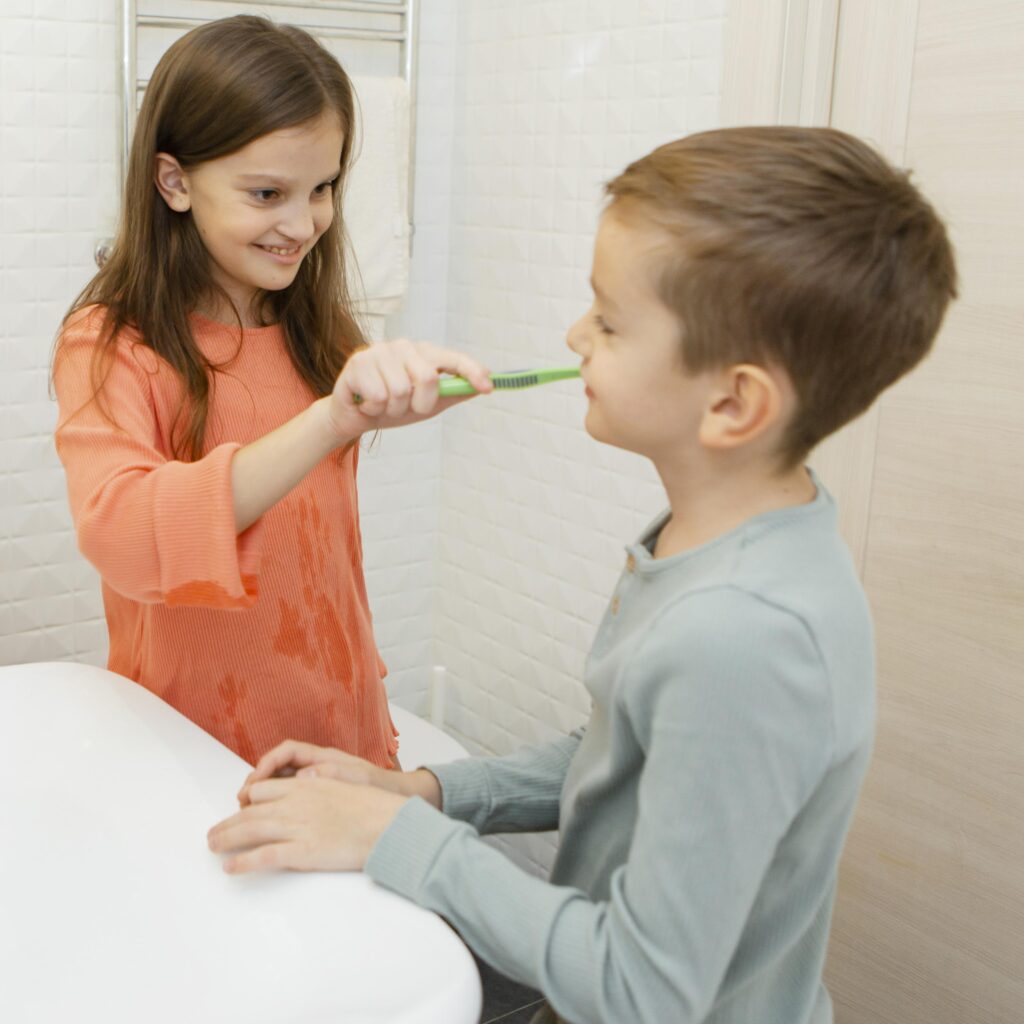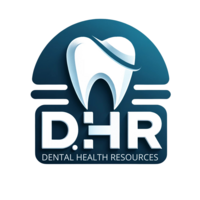Nurturing Healthy Smiles:
Oral health is a vital aspect of a child’s overall well-being. Establishing good oral care habits from a young age not only ensures healthy teeth and gums but also sets the foundation for a lifetime of bright smiles. In this comprehensive guide, we will explore the importance of oral care for kids, from infancy to adolescence. We will cover topics such as the development of baby teeth, the role of parents and caregivers, common dental issues in children, and practical tips for maintaining optimal oral health.
The Importance of Oral Care for Kids
Oral care for kids is not just about maintaining a beautiful smile; it’s crucial for their overall health and development. Here are some compelling reasons why oral care is essential for children:
1. Early Development of Oral Structures:
- Baby teeth, also known as primary teeth, play a vital role in speech development, proper nutrition, and the alignment of permanent teeth.
2. Prevention of Dental Issues:
- Establishing good oral hygiene habits early can help prevent common childhood dental problems such as cavities, gum disease, and tooth decay.
3. Nutrition and Growth:
- Healthy teeth enable children to eat a balanced diet, supporting their growth and development.
4. Confidence and Social Interaction:
- A healthy smile contributes to a child’s self-confidence and their ability to interact socially.
5. Positive Dental Experiences:
- Positive early experiences with dental care can set the tone for a child’s attitude toward dental visits throughout their life.

Dental Development in Children
Understanding the stages of dental development in children is crucial for effective oral care. Here’s an overview of the key milestones:
1. Baby Teeth (Primary Teeth):
- Baby teeth typically begin to erupt between 6 and 12 months of age.
- By age 3, most children have a full set of 20 baby teeth.
- These teeth serve as placeholders for permanent teeth and aid in proper chewing and speech development.
2. Transition to Permanent Teeth:
- Permanent teeth start to replace baby teeth around age 6 and continue until the late teens or early twenties.
- The process of losing baby teeth and gaining permanent teeth is a significant milestone in a child’s dental development.
3. Orthodontic Evaluation:
- An orthodontic evaluation is typically recommended around age 7 to assess the alignment of permanent teeth.
- Early intervention can help address issues such as malocclusion (misalignment) or overcrowding.
The Role of Parents and Caregivers
Parents and caregivers play a crucial role in promoting good oral care habits in children. Here are some key responsibilities:
1. Oral Hygiene Education:
- Teach children the importance of brushing and flossing their teeth regularly.
- Demonstrate proper brushing and flossing techniques and supervise young children until they can do it independently.
2. Healthy Diet:
- Encourage a balanced diet rich in fruits, vegetables, and dairy products.
- Limit sugary snacks and beverages, as they can contribute to tooth decay.
3. Regular Dental Check-Ups:
- Schedule regular dental check-ups for your child, starting around their first birthday.
- Dental visits help detect issues early and establish a positive relationship with the dentist.
4. Lead by Example:
- Children often model their behavior after their parents. Maintain your own good oral care habits to set a positive example.
5. Provide Dental Care Tools:
- Ensure your child has an age-appropriate toothbrush, toothpaste, and floss.
- Replace toothbrushes regularly, approximately every three to four months.
Common Dental Issues in Children
Understanding common dental issues that can affect children is essential for early detection and prevention. Here are some prevalent concerns:
1. Tooth Decay (Cavities):
- Tooth decay is one of the most common childhood dental problems.
- It can be prevented by regular brushing, flossing, and a healthy diet.
- Dental sealants and fluoride treatments are preventive measures.
2. Gum Disease:
- Gingivitis, an early form of gum disease, can occur in children.
- Proper oral hygiene and regular dental check-ups can prevent and address gum issues.
3. Malocclusion:
- Malocclusion refers to misalignment issues, such as overbites or underbites.
- Early orthodontic evaluation can identify and address malocclusion.
4. Thumb-Sucking and Pacifier Use:
- Prolonged thumb-sucking or pacifier use can lead to dental problems.
- Children often outgrow these habits, but intervention may be needed if they persist.
Practical Tips for Oral Care at Different Ages
Oral care requirements change as children grow. Here are some practical tips for each age group:
Infants (0-2 Years):
- Wipe gums with a clean, damp cloth after feedings.
- Once the first tooth erupts, begin brushing with a soft toothbrush and water.
Toddlers (2-5 Years):
- Use a small amount of fluoride toothpaste (about the size of a grain of rice) for brushing.
- Encourage them to spit out toothpaste, but avoid swallowing it.
Early Childhood (6-12 Years):
- Gradually increase toothpaste to a pea-sized amount.
- Supervise brushing and ensure they brush for two minutes, twice a day.
Adolescents (13+ Years):
- Continue regular dental check-ups and orthodontic evaluations if needed.
- Encourage them to take responsibility for their oral care routines.
Dealing with Dental Anxiety
Some children may experience dental anxiety or fear. Here are strategies to help alleviate anxiety:
1. Start Early:
- Begin dental check-ups at a young age to normalize the experience.
2. Positive Reinforcement:
- Praise and reward your child after dental visits.
3. Communication:
- Explain the dental visit in a positive, age-appropriate way to reduce fear of the unknown.
4. Choose a Pediatric Dentist:
- Consider a pediatric dentist who specializes in treating children and creating a child-friendly environment.
5. Relaxation Techniques:
- Teach relaxation techniques, such as deep breathing, to help manage anxiety.
Conclusion: A Lifetime of Healthy Smiles

Oral care for kids is a lifelong journey that begins in infancy and continues through adolescence. By emphasizing the importance of good oral hygiene, healthy dietary choices, regular dental check-ups, and positive dental experiences, parents and caregivers can set their children on the path to a lifetime of healthy smiles. These early investments in oral health not only ensure bright and confident smiles but also contribute to overall well-being and a positive outlook on dental care throughout life.
Image by Freepik

